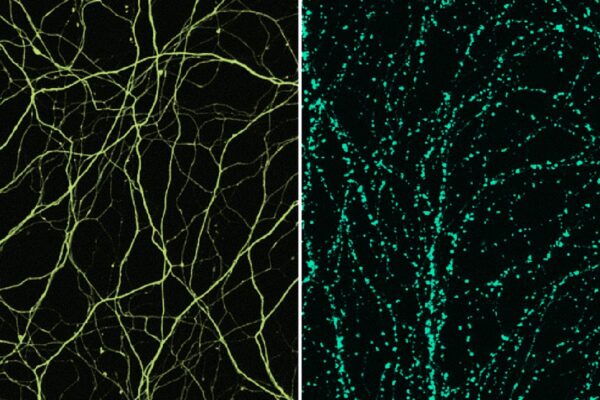Roediger honored for leadership, research contributions
The American Psychological Association has named Henry L. “Roddy” Roediger, the James S. McDonnell Distinguished University Professor of Psychological & Brain Sciences in Arts & Sciences, the recipient of its 2021 Award for Distinguished Scientific Contributions. In addition, the Psychonomic Society has awarded Roediger the Clifford T. Morgan Distinguished Leadership Award.
Construction progresses on neuroscience research building
The School of Medicine’s eastern border will look strikingly different in 2023, when the 11-story neuroscience research building is complete. At this point, more than 106 drilled concrete piers have been poured, and the interior columns and floor in the basement’s western half are complete.
Improving emergency care for people with dementia is focus of new grant
Washington University School of Medicine is one of four institutions to receive a National Institutes of Health (NIH) grant to study how to improve emergency care for adults with dementia. For the project, experts in emergency medicine, geriatrics and dementia will identify and address gaps in emergency care.
New insight into how brain neurons influence choices
By studying animals choosing between drink options, School of Medicine researchers have found that the activity of certain neurons in the brain leads directly to the choice of one option over another. The findings could lead to better understanding of how decision-making goes wrong in conditions such as addiction and depression.
Fail Better with Celia McKee
When Celia McKee, a doctoral student studying neuroscience, revealed on Twitter that her grant had been rejected, she wasn’t looking for pity, but asking for honesty. Her message struck a chord: more than 225,500 users liked the viral post and 15,000 shared the message.
Alzheimer’s in adults with Down syndrome focus of multicenter NIH grant
People with Down syndrome nearly always develop signs of Alzheimer’s as they age. School of Medicine researchers are taking part in a multisite study to understand how Alzheimer’s develops in this population, with a long-term goal of finding ways to prevent or treat the disease.
Startup company founded by Washington University scientists acquired by Eli Lilly
Pharmaceutical maker Eli Lilly and Company has purchased Disarm Therapeutics, a startup biotechnology firm founded by researchers at Washington University School of Medicine to speed the development of treatments for multiple neurodegenerative conditions.
Neuroscientist Ponce named a 2020 Packard fellow
Carlos Ponce, MD, PhD, assistant professor of neuroscience at the School of Medicine, is one of 20 people to receive a 2020 Packard Fellowship for Science and Engineering. Packard fellows are among the nation’s top early-career scientists. Ponce studies how visual recognition works in the brain.
Brain inflammation in Parkinson’s disease focus of $3.2 million grant
Researchers at Washington University School of Medicine have received a grant to study the role of brain inflammation in Parkinson’s disease. The project focuses on whether inflammation aids the spread of Parkinson’s damage throughout the brain.
Hengen awarded $1.8M to study sleep’s contribution to brain function
Keith Hengen, assistant professor of biology in Arts & Sciences at Washington University in St. Louis, received a three-year $1.8 million grant to study the role of sleep and waking behavior in shaping the brain’s neural dynamics. His research will help scientists understand how sleep contributes to healthy cognition and shed light on the mechanisms by which disrupted sleep worsens neurodegenerative and mental health disorders.
Older Stories









